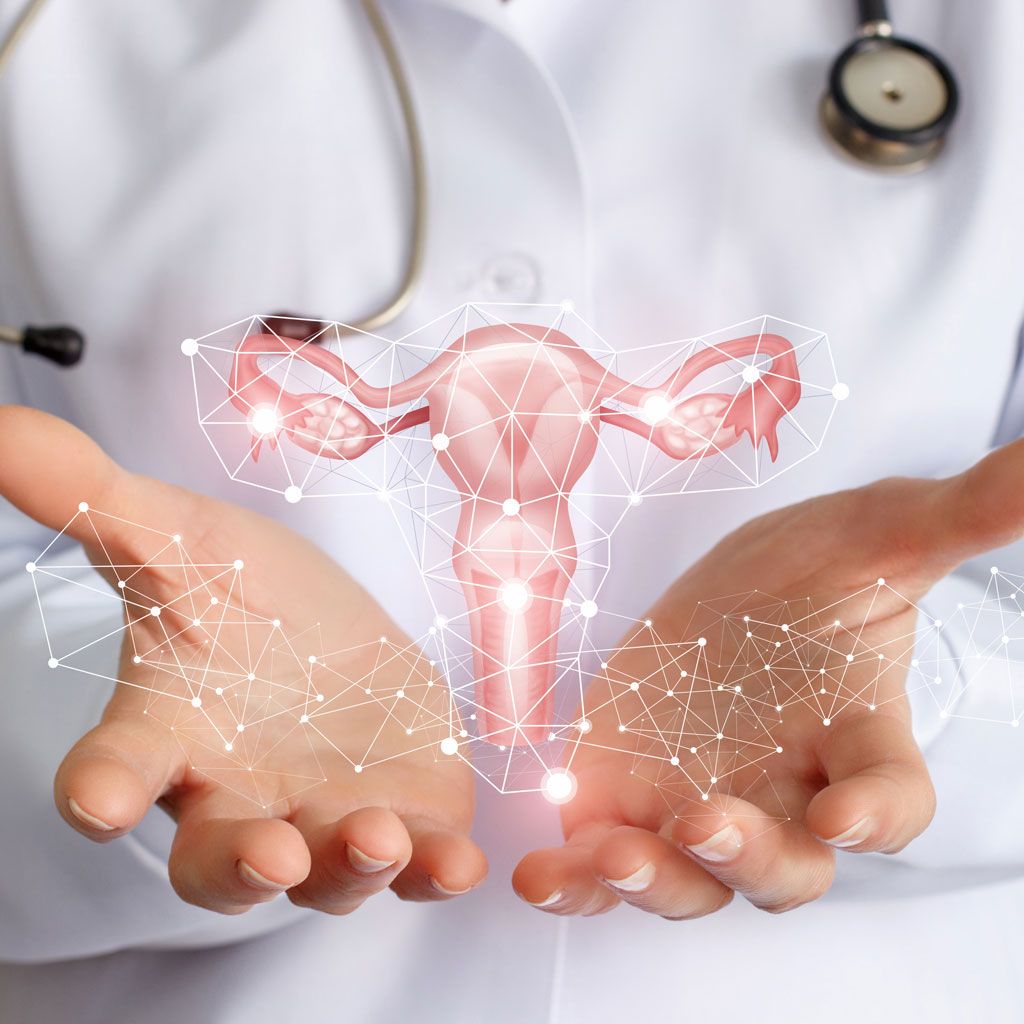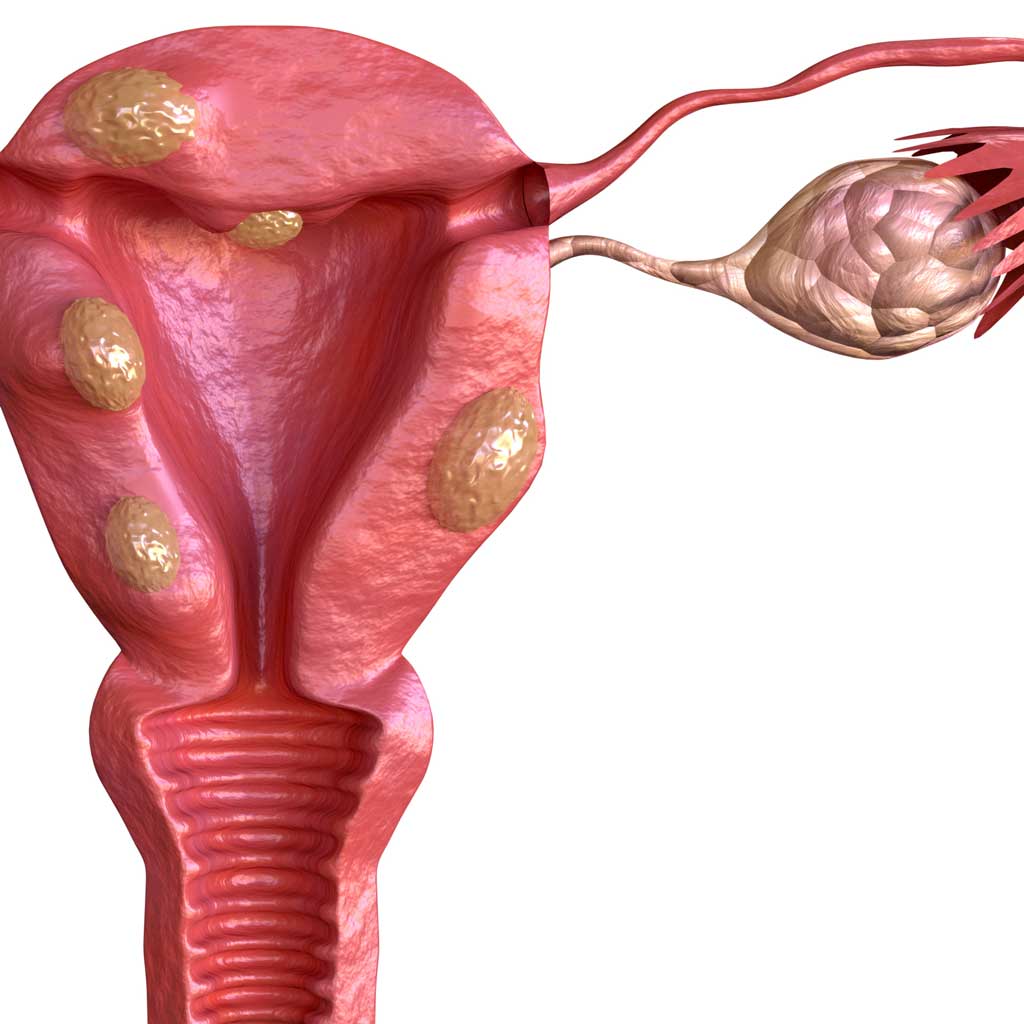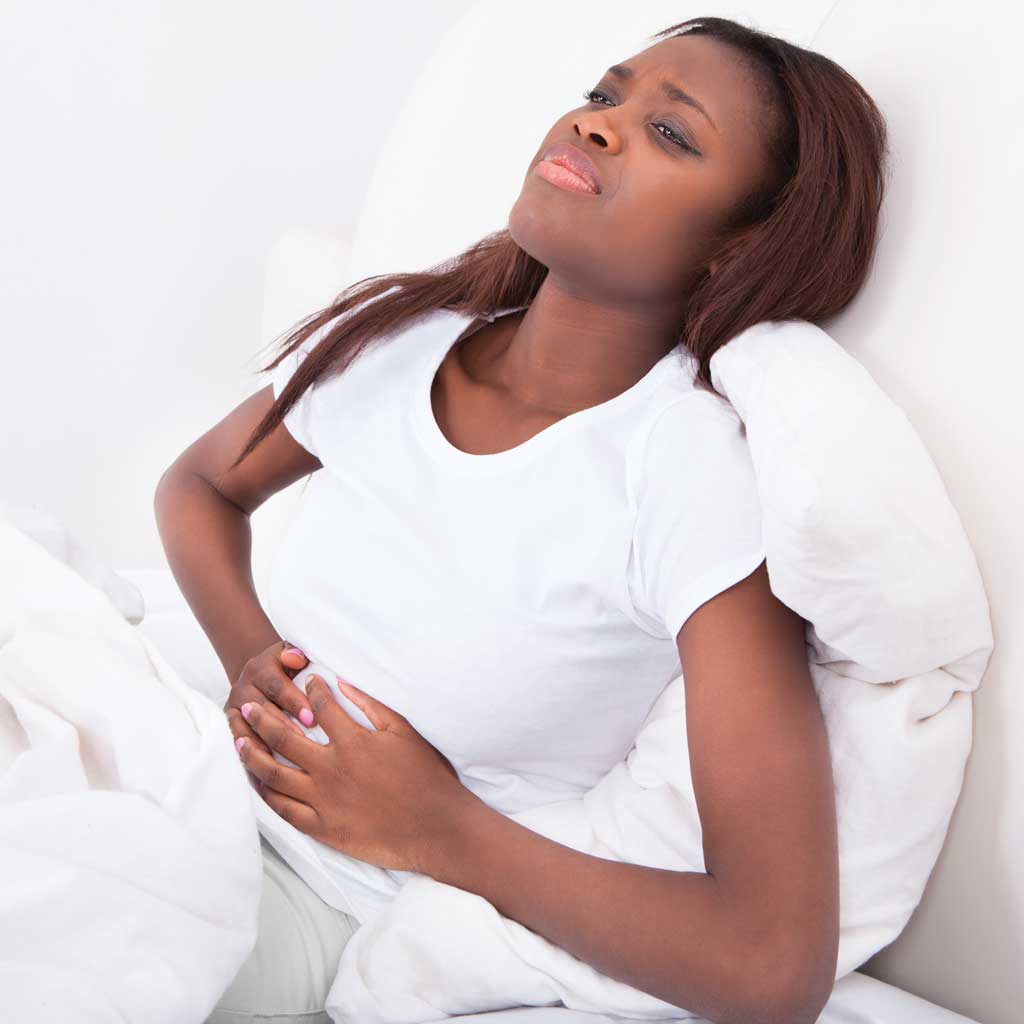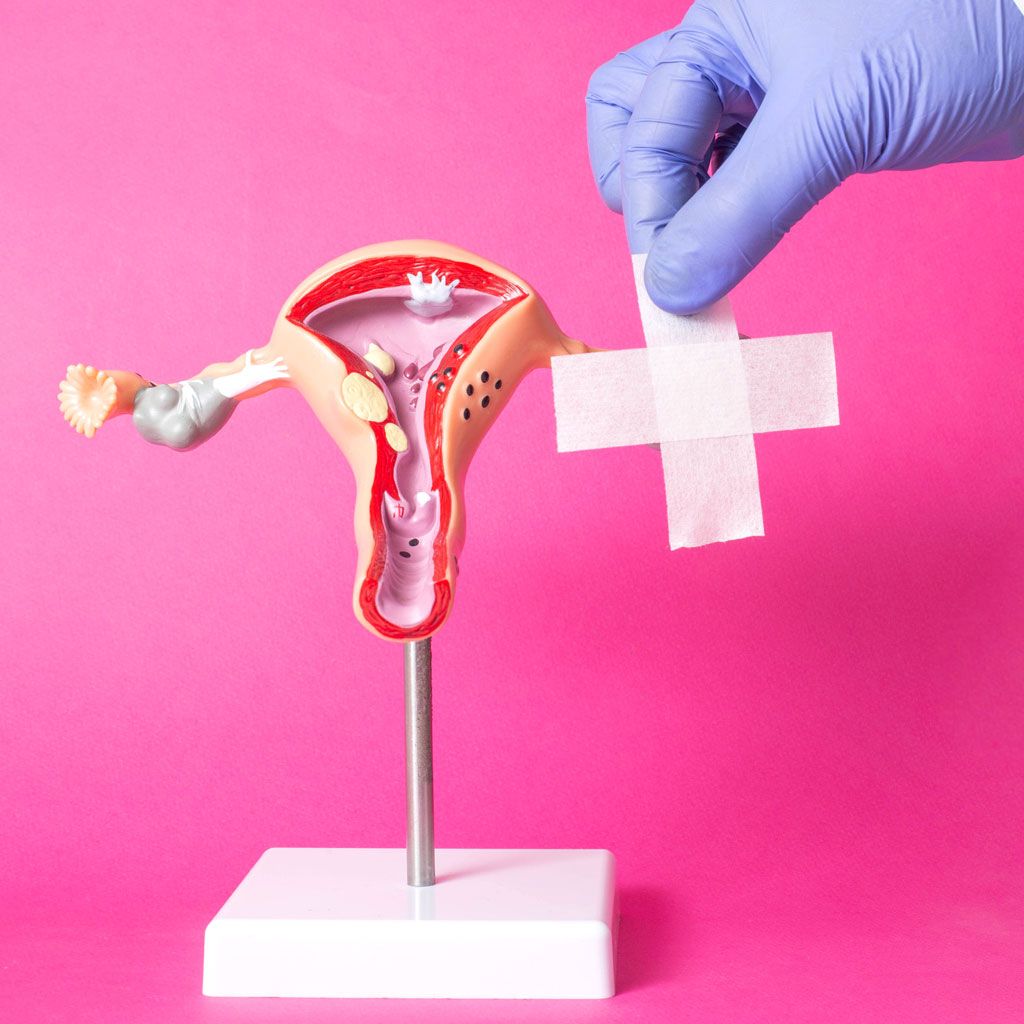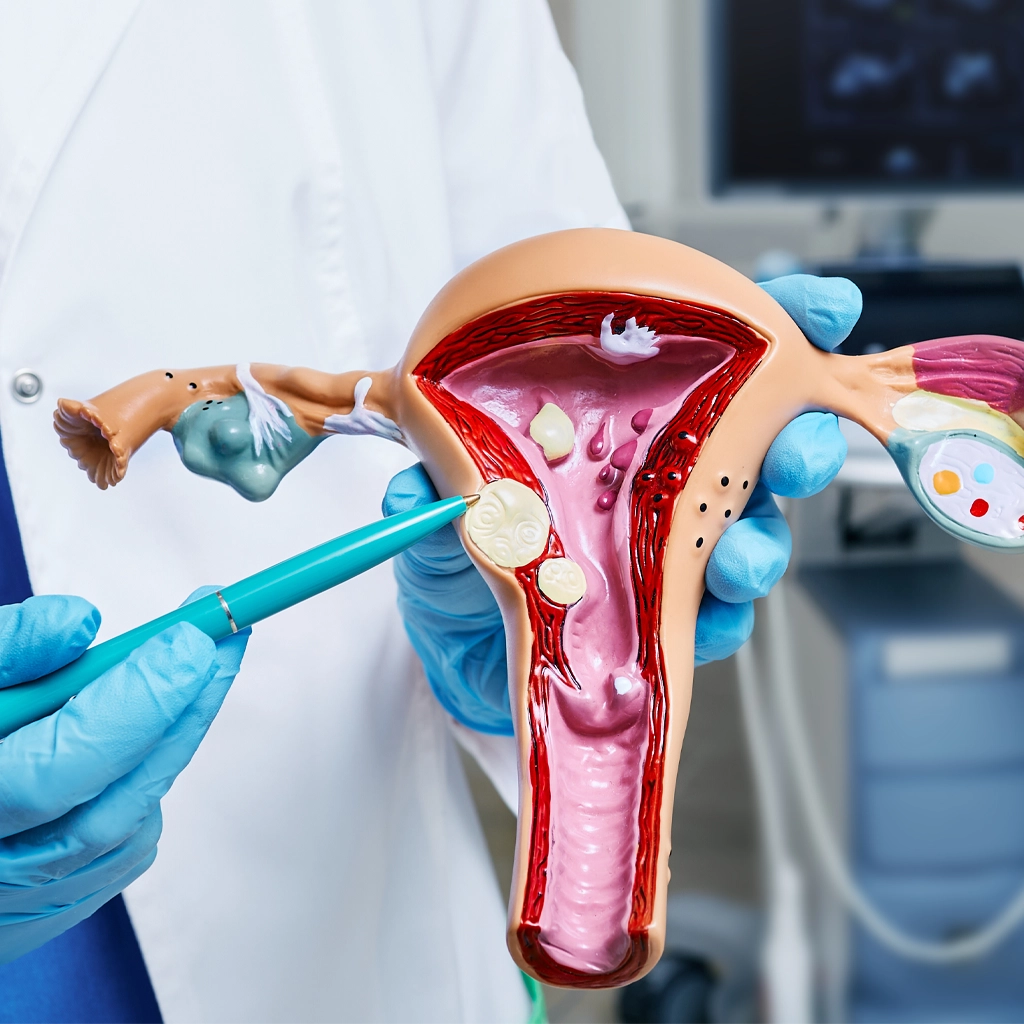5 Benefits of UFE for Uterine Fibroids
September 24, 2025 If you’ve been diagnosed with uterine fibroids, you’re not alone. Up to 70% of women will experience fibroids by age 50. While some fibroids cause little to no symptoms, others can lead to heavy bleeding, pelvic pain, and pressure that affects your daily life. Fortunately, treatment options…
Can Uterine Fibroids Cause Back Pain?
June 23, 2025 Short answer: Yes, fibroids can cause back pain. While many women with fibroids experience no symptoms at all, others may struggle with uncomfortable or even painful side effects, including back pain. If you’re wondering whether uterine fibroids could be the cause of your lower back discomfort, you’re…
Why Are My Periods So Heavy? It Could Be Uterine Fibroids
May 19, 2025 Heavy periods can disrupt your daily life, drain your energy, and even affect your mental well-being. If you’ve found yourself asking, “Why are my periods so heavy?”—you’re not alone. One possible cause many women overlook is uterine fibroids. What Are Uterine Fibroids? Uterine fibroids are non-cancerous growths…
Is a Hysterectomy Necessary?
January 27, 2025 When dealing with the issue of uterine fibroids, many women are presented with the option of a hysterectomy. While it is a widely used treatment, it’s important to ask if a hysterectomy is necessary. For many, the answer is likely no.Uterine Fibroid Embolization (UFE) is a minimally…
A Guide for National Fibroid Awareness Month by NVP Experts
Really Need a Hysterectomy?
April 25, 2023 Discover the Benefits of Uterine Artery Embolization as an Alternative to Hysterectomy Uterine artery embolization (UAE) is a minimally invasive, non-surgical treatment for uterine fibroids, offering relief for women who are seeking an alternative to hysterectomy. This breakthrough procedure has proven to be highly effective in reducing…
Myfembree Versus UFE?
July 27, 2022 What Is Myfembree? Myfembree is a prescription hormonal medication that is taken daily to manage heavy menstrual bleeding associated with uterine leiomyomas (fibroids) in premenopausal women. What Is Uterine Fibroid Embolization? Uterine fibroid embolization (UFE) is a non-surgical outpatient procedure that blocks blood flow to fibroids without…
Got Fibroids and Hair Loss?
July 15, 2022 Uterine Fibroids Uterine fibroids are non-cancerous growths in the uterus and are associated with many symptoms. Symptoms may include heavy bleeding, pelvic pain/pressure, problems with urination, constipation, and back pain. Who Is at Risk? Uterine fibroids are much more common in people of African descent and…


